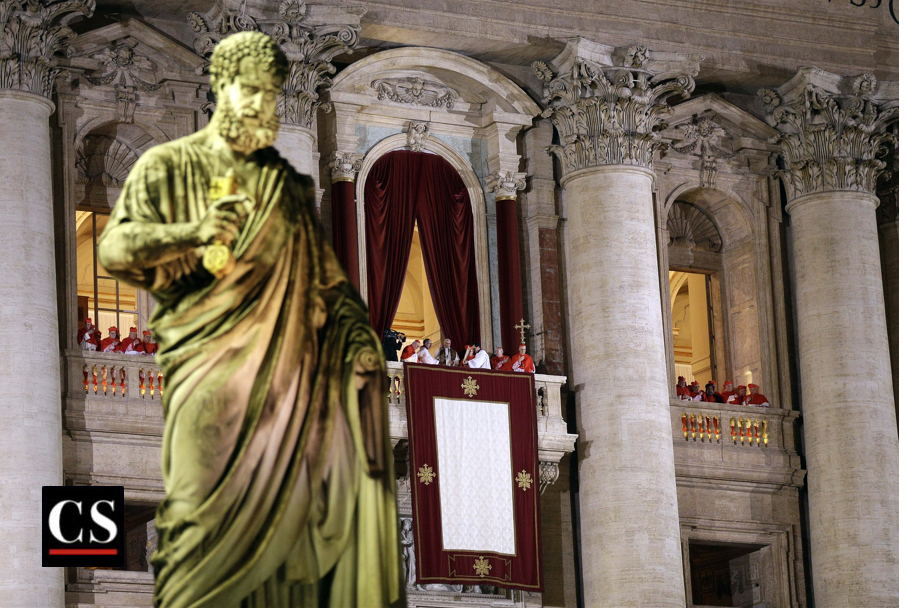- Feb 5, 2002
- 166,633
- 56,267
- Country
- United States
- Faith
- Catholic
- Marital Status
- Married
- Politics
- US-Others
In 1962 the Second Vatican Council was opened as an Ecumenical Council. It took place under the governance of the 1917 Code ofCanon Law, which was operative until the 1983 Code of Canon Lawsuperseded it.
The 1917 Code described Ecumenical Councils as having “supreme authority (suprema potestate) over the universal Church” (Canon 228). If Vatican II really was an Ecumenical Council, then that would seem to mean that Vatican II must have a supreme authority for Catholics.
But some Catholics reject aspects of Vatican II. So, the question arises whether Vatican II really is an Ecumenical Council which has supreme authority in the Catholic Church.
Continued below.

 catholicstand.com
catholicstand.com
The 1917 Code described Ecumenical Councils as having “supreme authority (suprema potestate) over the universal Church” (Canon 228). If Vatican II really was an Ecumenical Council, then that would seem to mean that Vatican II must have a supreme authority for Catholics.
But some Catholics reject aspects of Vatican II. So, the question arises whether Vatican II really is an Ecumenical Council which has supreme authority in the Catholic Church.
1. Was Vatican II an Ecumenical Council?
Continued below.

Does Vatican II Have Supreme Authority? - Catholic Stand
Some Catholics reject aspects of Vatican II and question whether it is really an Ecumenical Council having supreme authority over the Church.
 catholicstand.com
catholicstand.com
